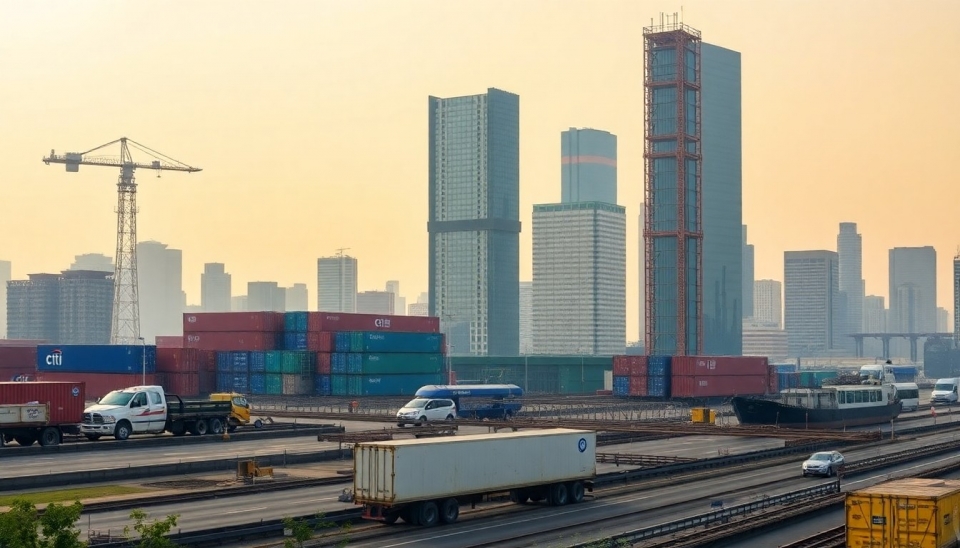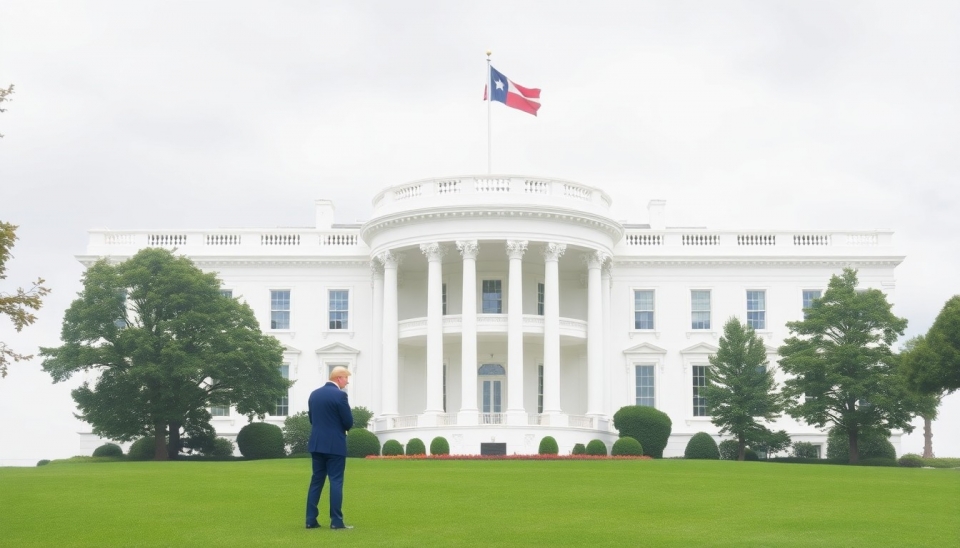US President Joe Biden and Indian Prime Minister Narendra Modi have just announced one of the most important pieces of news in technology circles-a new plant that will open in India to make semiconductor manufacturing. This move is strategic, setting up a broader US-India collaboration aimed at firming up supply chains and making less dependence on Chinese-made components.
The announcement was made at a high-profile summit in New Delhi and underlined the growing economic and strategic bonds between the two. A top American technology company is likely to develop the plant for semiconductors. No specific company names were disclosed during the announcement of this. This venture is likely to provide a few thousand high-tech jobs, adding much value to the country's GDP.
President Biden characterized the partnership as a "historic milestone," highlighting that supply chains need to be sustainable and resilient in the modern global economy. "This facility is not just a win for the U.S. and India; it's a win for the entire world," Biden said. "By diversifying supply sources, we ensure innovation and security for future generations."
The Prime Minister, Mr. Modi, seconded this, too, saying the semiconductor plant shows India's prowess in advanced manufacturing and technology. "India is fast emerging as a hub for innovation and global talent. This plant will act as a base for our future, powered by technology," Modi said.
The new plant will work to bring in cutting-edge semiconductor chips that are instrumental in everything, from consumer electronics to automotive. It, therefore, also falls under the banner of "Make in India" and "Digital India" aimed at boosting local manufacturing capacities and digital infrastructure.
According to experts, this alliance may have a great impact on the global semiconductor market. The disruptions to the supply chain caused by the COVID-19 pandemic and geopolitical tension have underlined a diverse approach toward semiconductor manufacturing. This US-India project seems strategically well-placed as part of a risk mitigation effort toward a more balanced global supply chain.
The semiconductor sector has become the focus of economic policies around the world. Large investments are being made by countries and companies to be at an advantageous position. The U.S. administration already pledged serious investments towards the upgrading of its semiconductor manufacturing capacity. This new venture in India is supposed to complement the efforts at home by offering a much-needed component in the global supply chain.
Apart from economic gains, the project is also likely to facilitate technological collaborations in other areas like Artificial Intelligence, 5G, and renewable energy. A joint statement by Biden and Modi stated that the overall objectives of their partnership encompass innovation, economic growth, and security for both nations.
The timeline for the construction and operationalization of the semiconductor plant has not clearly been brought out. Industry experts, however, note that similar projects have taken up to a couple of years right from the groundbreaking to full operability. Both leaders did assure them that they would be monitoring this development keenly to ensure it is completed on time.
This might just be the signal that the investors and technology companies around the globe need to understand what U.S.-India collaboration means. What this simply demonstrates is a commitment by the U.S. and India toward the creation of innovation and cooperation that jointly solves some of the world's most key challenges.
As this audacious initiative unfolds on the centre stage of the world, its potential impact will send ripples across the tech world, bringing with it a whole new tide of technological advancement along with economic growth.
#Biden #Modi #Semiconductor #India #USIndiaRelations #TechIndustry #Manufacturing #GlobalSupplyChain #Innovation #DigitalIndia #EconomicGrowth #MakeInIndia
Author: John Miller




